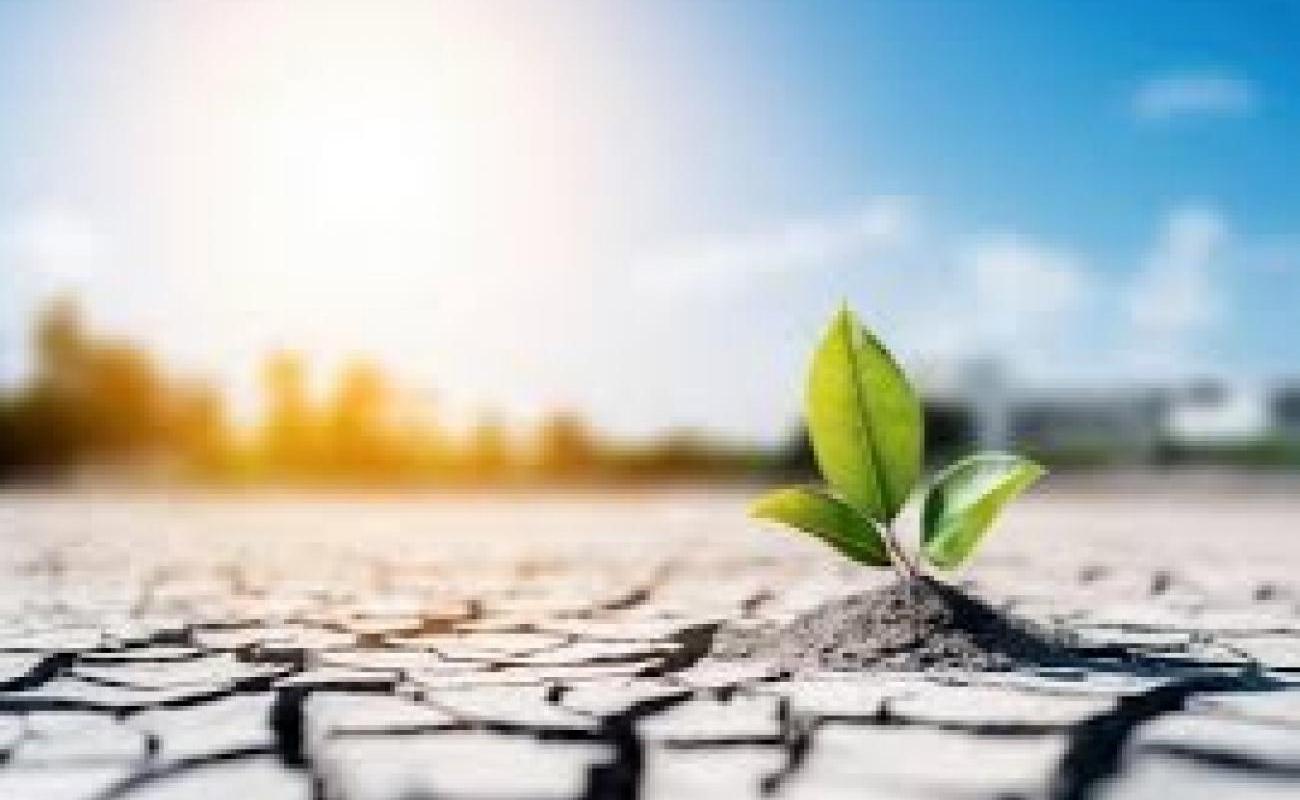FAO Albania launches landmark assessment on gender equality monitoring in landownership-related policies

Report highlights urgent need for sex-disaggregated data, gender-sensitive policies and well-coordinated actions to empower rural women and achieve Sustainable Development Goals
Tirana, Albania Rural women are the backbone of Albania’s agrifood systems, yet they own just over 11 percent of the country’s agricultural land. This stark disparity is at the heart of a new assessment published by the Food and Agriculture Organization of the United Nations (FAO) and UN Women.
The report, Monitoring and reporting of gender equality in landownership in Albania: The empowerment of rural women, gender-responsive land policies and the implementation of Sustainable Development Goal Indicators 5.a.1 and 5.a.2, is a comprehensive review and analysis of Albania’s progress and challenges faced in monitoring and reporting on these critical SDG indicators.
This report was prepared under the Gender, Rural Equality and Tourism (GREAT) project implemented in partnership with the Ministry of Agriculture and Rural Development (MARD) with the financial support of the Ministry of Foreign Affairs and International Cooperation of Italy.
Why it matters
Land is not only a vital productive asset for rural communities, it is also a foundation for women’s economic empowerment, resilience, and ability to respond to crises. Without equal access to land, women face barriers to credit, agricultural inputs, and decision-making power, undermining both livelihoods and national development.
Albania has committed to gender equality, aligning national laws with the 2030 Agenda for Sustainable Development and integrating land rights into its EU accession process. However, technical gaps, outdated data systems, and deeply rooted discriminatory practices continue to hinder progress.
Key findings include:
- Data gaps: The last agricultural census in 2012 did not capture sex-disaggregated landownership data. While INSTAT has now committed to collecting this data in future surveys, methodological challenges remain.
- Legal framework: Recent reforms align with best practices, but lack of coordination and awareness among institutions slows reporting on SDG 5.a.2.
- Cultural barriers: Customary practices and community norms continue to limit women’s access to land.
Quotes from the partners
“When rural women have equal rights to land, families and communities thrive, food security improves, and economies grow. For Albania, strengthening gender equality in landownership is also critical for EU accession and for achieving the Sustainable Development Goals,” said Raimund Jehle, FAO Representative in Albania.
“ Ensuring women have equal rights to own and control it is key to advancing gender equality and Albania’s sustainable development. This report provides a roadmap for making that happen,” said Michele Ribotta, UN Women Representative to Albania.
Mr. Arban Morina, from the State Agency for Strategic Programming and Aid Coordination (SASPAC), stated: “The economic empowerment of women in rural areas is closely tied to strengthening their land ownership. This assessment supports the ongoing monitoring of gender-sensitive policies related to agricultural land.
Ms. Elona Sevrani, Director of the National Accounts Directory, INSTAT, stressed: "INSTAT is very pleased to contribute to this publication, as official statistics play a fundamental role in monitoring progress toward SDG 5.a.1 and 5.a.2. Reliable, timely, and disaggregated data are essential to measure women’s ownership and secure rights over agricultural land (5.a.1) and to assess the extent to which legal frameworks guarantee equal rights to land ownership and control (5.a.2). These indicators cannot be meaningfully tracked without official statistical systems that ensure comparability, credibility, and adherence to confidentiality standards. This contribution reflects our strong commitment to supporting gender equality and women’s empowerment through data-driven policy and international cooperation".
Recommendations from the assessment focus on sustained technical support to national institutions, raising awareness on the importance of gender-equitable land rights, and integrating SDG indicators into regular agricultural surveys and legal monitoring processes.
A collaborative effort
The assessment was prepared by FAO Albania experts in partnership with UN Women, and supported by the Ministry of Foreign Affairs and International Cooperation of Italy. This participatory assessment benefited from the contributions of national ministries, INSTAT, the State Agency for Strategic Planning and Aid Coordination (SASPAC), GIZ, and other stakeholders.
The full report is available here.
